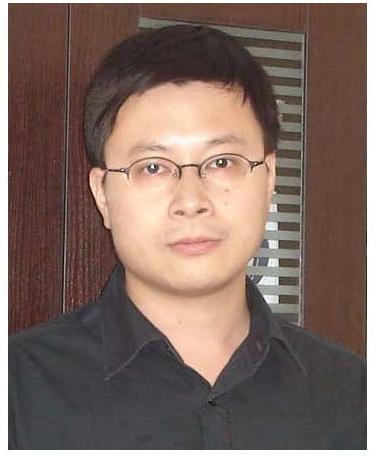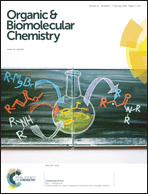| Professor Jin-Quan Yu’s (Scripps Research Institute, La Jolla, California, USA) research centres around the discovery of novel reactions based on C-H activation.
Jin’s recommended articles: C–H activation enables a rapid structure–activity relationship study of arylcyclopropyl amines for potent and selective LSD1 inhibitors Asymmetric synthesis of (−)-renieramycin T |
 |
| Professor Margaret Brimble (University of Auckland, New Zealand) is the Director of Medicinal Chemistry and a distinguished Professor at the University of Auckland. Her research program focuses on the synthesis of bioactive natural products, antimicrobial peptides and peptidomimetics.
Margaret’s recommended articles: Concise diastereoselective synthesis of calcaripeptide C via asymmetric transfer hydrogenation/Pd-induced chiral allenylzinc as a key reaction Concise synthesis of calystegines B and B< intramolecular Nozaki–Hiyama–Kishi reaction |
 |
| Professor Christian Hackenberger’s (Leibniz-Institut für Molekulare Pharmakologie and Humboldt Universität zu Berlin, Germany) research focuses on the development of new bioorthogonal reactions to study protein function and in particular posttranslational modifications, addressing issues such as the study of the Alzheimer-relevant tau protein, antibody-drug conjugates and new methods for the delivery of functional proteins into cells.
Christian’s recommended articles: Site-selective incorporation and ligation of protein aldehydes Protein ubiquitination via dehydroalanine: development and insights into the diastereoselective 1,4-addition step |
 |
| Professor Lei Liu’s (Tsinghua University, China) research group is interested in all aspects of chemical protein synthesis.
Lei’s recommended articles: Hybrid phase ligation for efficient synthesis of histone proteins Enediyne-based protein capture agents: demonstration of an enediyne moiety acting as a photoaffinity label |
 |
We invite you to submit your urgent research to their editorial offices. With a reputation for quality and fast times to publication, OBC is the home of highly significant original research and reviews in all areas of organic chemistry, including organic synthesis, physical organic chemistry, supramolecular chemistry and bioorganic chemistry.
————————————–
*Access is free until 31/12/2016 through a registered RSC account.















